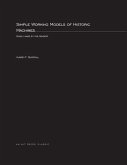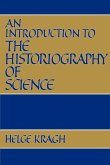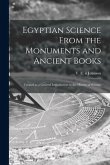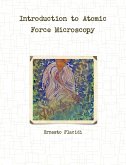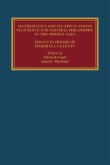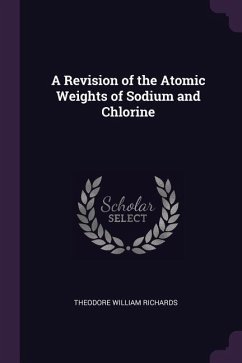The intention of Atomic Order is to encourage and contribute to the dialogue between philosophers and scientists by discussing a concrete example of scientific discovery according to a method acceptable and understandable to both sides. This discussion takes simultaneously into account the scientific and philosophical methodologies and mentalities. By regarding "pure" science or "pure" philosophy as limiting cases, it becomes evident that basic questions are best posed and answered by emphasizing the deeply embedded complementary relationship between the two. The example chosen is atomic physics, and a systematic method is developed to illuminate the philosophical structure of this science--and science generally--from within. The book consists of two parts. The first part is devoted to the problem of atomic order as discovered and verified by physics, from the speculations of Dalton to the consequences of modern quantum mechanics. These chapters will afford a telescopic, historical review to the scientific reader and a reliable, understandable account of the physical discoveries and theories to the nonscientist. The second part analyzes the presuppositions, guiding principles, and implications that made possible the development of atomic physics and that impart a humanistic meaning to it. In separate chapters are discussed the epistemological structure of atomic physics, the new conception of matter implicit in the quantum theory, and the ontological implications of atomic order. It is seen that, in this area, science and philosophy are inextricably interpenetrated. A philosophic problematic is immanent in creative atomic science, as is evidenced by the numerous reflections and speculations of scientists that are quoted in the book. Conversely, an interest in scientific research is indispensable for a modern philosopher, and the philosopher may well be surprised and encouraged on recognizing the role already being played by philosophy in the supposedly pragmatic world of science. Dr. Cantore brings an ecumenical cast of mind to the healing of the bicultural split between the humanists and the scientists. The recipient of a doctorate in physics and another in philosophy, he has drawn from both fields in a book dedicated to "making the educated public more aware of the need and method for a new synthesis between the two cultures."
Hinweis: Dieser Artikel kann nur an eine deutsche Lieferadresse ausgeliefert werden.
Hinweis: Dieser Artikel kann nur an eine deutsche Lieferadresse ausgeliefert werden.


